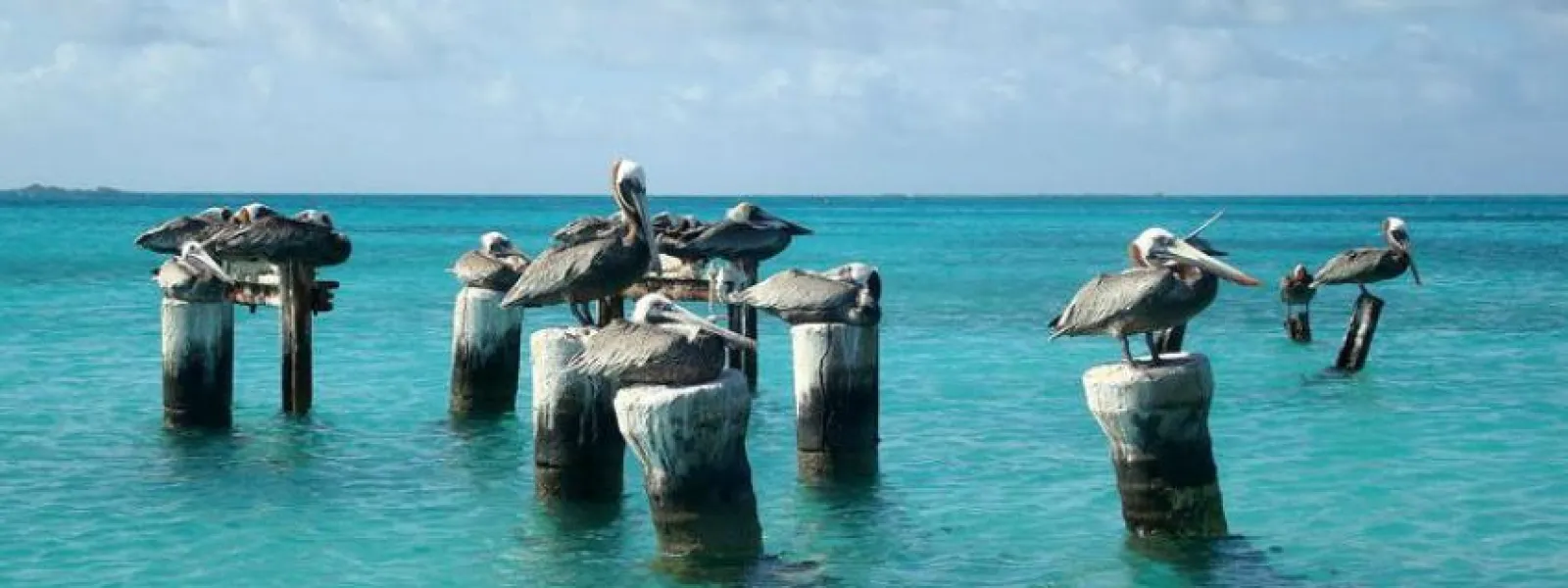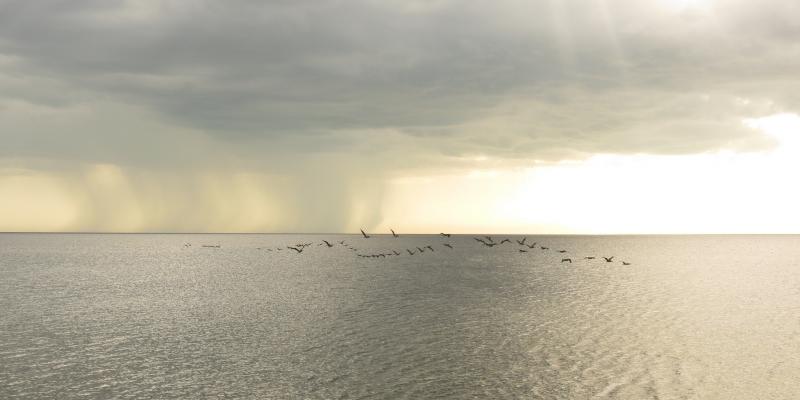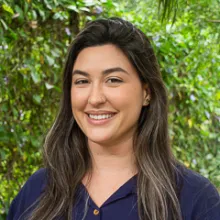
Conserving the Greater Caribbean: A question of human rights
Photo: Márcio Cabral de Moura/Creative CommonsEvery day, my job reminds me how connected we are to the natural world.
I see it while researching an indigenous community fighting to preserve their ancestral forest; and while advocating for fishermen who pull their livelihood from the sea.
Stories like this are found throughout the Greater Caribbean Region—an ecosystem including the Gulf of Mexico, the Caribbean Sea, and areas bordering the Atlantic Ocean—where the survival of communities is closely linked to ocean health.
I recently had an exciting opportunity to address this connection between the environment and human rights in the Greater Caribbean.
The Inter-American Court on Human Rights invited us to collaborate by drafting an advisory opinion based on a query presented by Colombia.
The basic question was: If development damages the marine environment, and as a result, people suffer, should that be treated as a human rights violation?
The Court’s opinion could affect the future of development in our hemisphere.
Environmental health and human rights
The Greater Caribbean and the people that depend on it are at risk, primarily from large infrastructure projects, including the construction of Nicaragua’s interoceanic canal, which began in 2014.
Stretching 278 kilometers, the canal would divide Nicaragua in two, uniting the Caribbean with the Pacific through Lake Cocibolca, the second-largest body of water in Latin America.
It’s very likely that building the Canal will alter the ecological equilibrium of all three marine environments, putting many unique plant and animal species at risk of extinction.
So, if development in Nicaragua harms fish, and that harm violates Colombian fishermen’s rights to life and work, shouldn’t Colombia be able to go to court to enforce the American Convention on Human Rights?
Colombia is interested in learning what limits the Court has to protect people whose rights could be violated by environmental damage caused by large infrastructure projects in the Greater Caribbean.

A vital and vulnerable environment
The Greater Caribbean is a vital region because of the ecosystem services it provides, including adaptation to climate change, and because of its relationship to the survival of Caribbean cultures.
In the advisory opinion we argue that, given their magnitude, large infrastructure projects like the Nicaragua Canal could harm the marine environment of the Greater Caribbean. Consequently, they would also put at risk the life and personal integrity of coastal populations whose lives and livelihoods depend on it.
According to studies carried out by our team, the pollution caused by large-scale projects would result in the death of fish and coral reefs, as well as in displacement of turtles and dolphins. It would cause shortages in local fishing communities, degrade their living conditions, threaten their health, and destroy their traditions.
The responsibility of States
To guarantee effective protection of the rights of all inhabitants of the continent, the American Convention on Human Rights must be interpreted in accordance with international environmental law.
Any action or omission by a State that results in environmental damage, and consequently compromises the territories and sources of subsistence of these populations, constitutes a violation of human rights.
This also applies to people outside the territory of a particular country.
This means, for example, that by permitting the construction of the Canal, Nicaragua can be held accountable for violating the human rights of island and coastal populations of other countries.
Through our observations (in Spanish) before the Court, we seek to help build new regional parameters for the protection of human rights and the environment based on the progressive and dynamic interpretation of the American Convention.
Although the Court’s opinion will have no connection to specific megaprojects, its ruling will interpret how the Convention should be applied if and when such projects are implemented.
In this way, we hope to contribute to the success of future legal battles for the environment and human rights, waged through the power of international environmental law.
Marcella Ribeiro d'Ávila Lins Torres

Marcella Ribeiro d’Ávila Lins Torres is Brazilian and a senior attorney with AIDA's Human Rights and Environment Program, as well as Coordinator of the Communities and Defenders Area, working from Brazil. She holds an LL.B. in Law from the Universidade Federal da Paraíba, a LL.M in International Human Rights Law from the University of Notre Dame, and a diploma in Advocacy for NGOs from the Advocacy Hub. She specialized in economic, social, cultural, and environmental rights, international human rights systems, and climate justice. She is well-versed in the practice of human rights law through litigation, advocacy, and campaigning, and is responsible for the coordination of several cases and projects with traditional communities, indigenous people, and HRE defenders at AIDA. She coordinates the Brazilian team, being responsible for identifying opportunities for expanding AIDA’s work in the country. Marcella is AIDA’s focal point on work with defenders and the link between the Human Rights and Climate programs.
